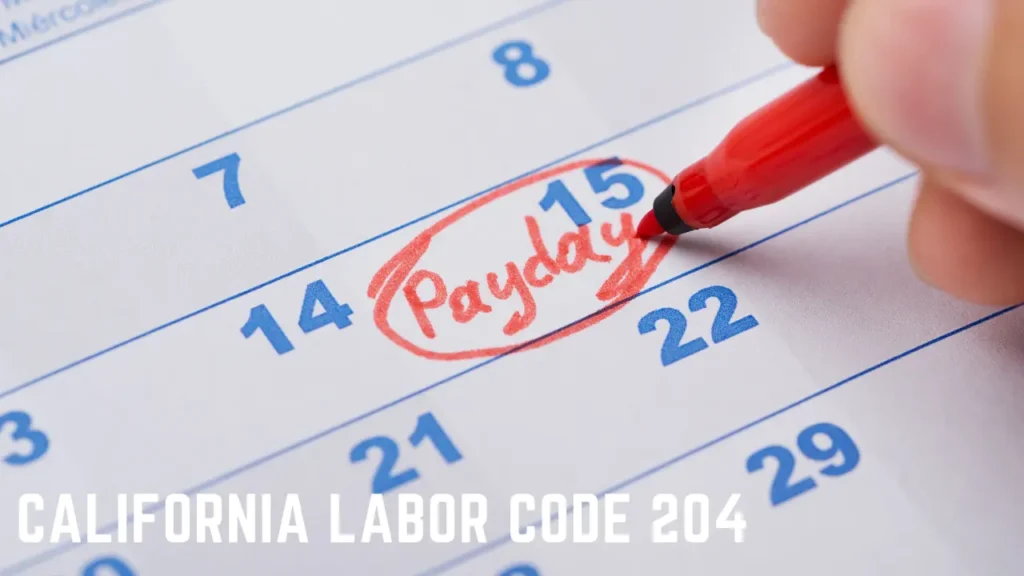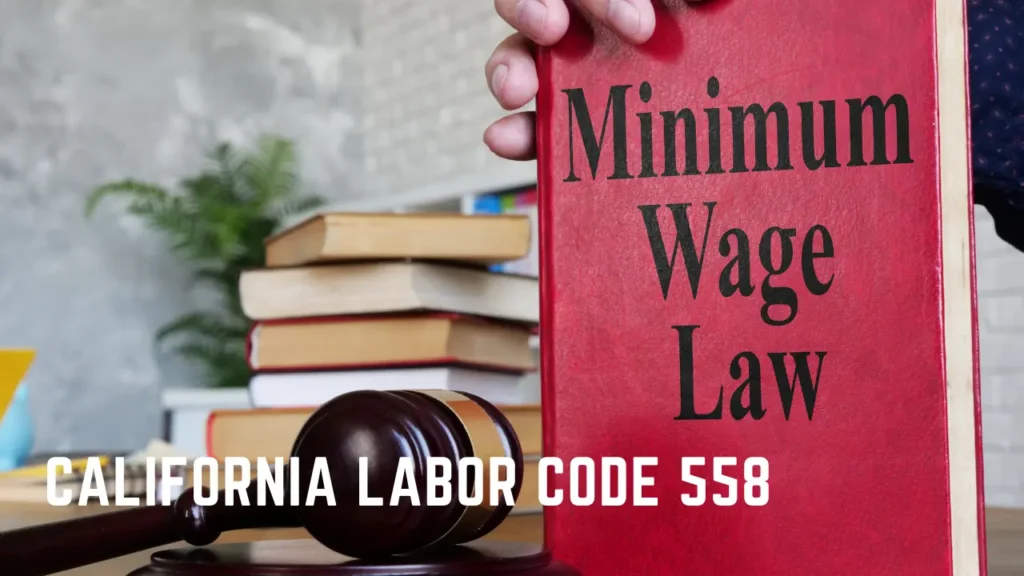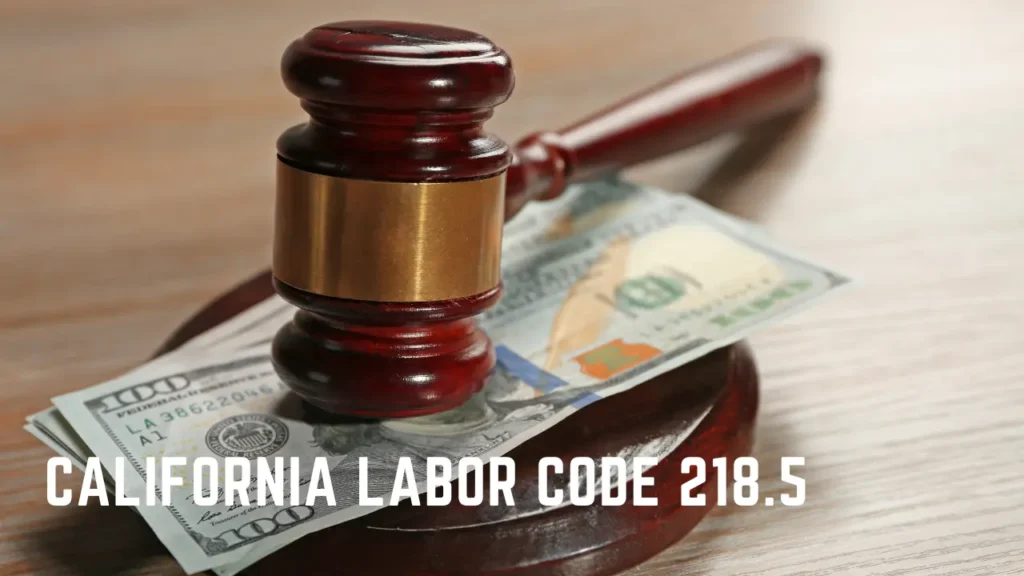Table of Contents
ToggleThe legal implications, intricacies of labor laws, and employers’ policies can create a labyrinth of confusion. As we unravel this complexity, we will reveal the rights of salaried employees, the obligations of employers, and the gray areas that exist under different jurisdictions.
Stay with us as we explore this multifaceted issue through the lens of an experienced labor lawyer.
Legal Requirements for Holiday Pay
The legal landscape surrounding holiday pay for salaried employees, as dictated by the Fair Labor Standards Act (FLSA), does not mandate private employers to provide such benefits, leaving the decision largely to employer discretion. Essentially, the FLSA places no obligation on private sector businesses to offer holiday pay, nor does it stipulate a premium rate for holidays.
However, many employers voluntarily provide this incentive to attract and retain talent. Legal entitlements to holiday pay exist only in certain instances, such as for federal employees and under specific state laws in Massachusetts and Rhode Island.
Importantly, if an employer does decide to offer holiday pay, it must be outlined in company policies or employee contracts to avoid potential legal issues.
Employer’s Discretion on Holiday Pay
While holiday pay isn’t a legal requirement for private businesses, many employers exercise their discretion to offer this benefit as a means to attract and retain top talent, foster a positive work environment, and increase employee productivity. They may consider several factors when making this decision:
- Company Policy: Some businesses stipulate holiday pay in employment contracts or company handbooks.
- Employee Retention and Satisfaction: Offering holiday pay can help reduce employee turnover and enhance job satisfaction.
- Productivity: Studies have suggested that employees who receive holiday pay tend to have higher productivity levels.
It’s essential for employers to communicate their holiday pay policy clearly to avoid any confusion or misinterpretation. Ultimately, the decision rests with the employer.
Exceptions in Holiday Pay Entitlement
Despite the broad discretion employers have in offering holiday pay, there exist specific exceptions that mandate entitlement to this benefit under certain circumstances. Notably, certain federal employees and workers in Massachusetts and Rhode Island are legally entitled to receive holiday pay.
In Massachusetts, retail employees are protected from retaliation for refusing to work on specific holidays. Meanwhile, Rhode Island mandates premium pay for employees working on designated holidays.
Despite the typical discretionary nature of holiday pay across most states, these exceptions underscore the importance of understanding local and federal labour laws. Employers should seek legal counsel to ensure they are in compliance, and employees should be aware of their rights in their specific state and sector.
Reasons for Offering Paid Holidays
Offering paid holidays serves as a strategic tool for employers, often used to attract top talent, reduce employee turnover, and enhance workplace morale.
- Attracting Talent: Competitive benefits like paid holidays can be a deciding factor for prospective employees during job selection. It signals a company’s commitment to work-life balance.
- *Job Market Impact:* In a competitive job market, this benefit can set an employer apart.
- *Employee Satisfaction:* Workers are likely to be more satisfied knowing they’re compensated during holidays.
- Reducing Turnover: Paid holidays can increase employee loyalty and job satisfaction, reducing the chances of them leaving.
- *Cost-effective Strategy:* The cost of turnover often exceeds the expense of providing paid holidays.
- Enhancing Morale: Holidays allow employees to recharge, positively impacting their productivity and morale.
Benefits of Providing Holiday Pay
In the realm of employee benefits, providing holiday pay presents a myriad of advantages that extend beyond mere financial compensation. Notably, it serves as a significant morale booster, enhancing employees’ feelings of being valued and recognized for their contributions.
Moreover, offering holiday pay can help companies attract and retain top talent, positioning them competitively in the job market. Studies suggest that employees who receive such benefits are more likely to display increased productivity and loyalty towards their employers.
Furthermore, providing holiday pay can reduce employee burnout rates, fostering a healthier, more engaged workforce. Although not mandated by federal law, incorporating holiday pay within an organization’s compensation package can have profound, positive impacts on both employee satisfaction and overall business performance.
Accommodations for Religious Holidays
Navigating the realm of religious holidays, employers often grapple with the challenge of balancing business needs with respect for their employees’ religious beliefs and practices. While there are no federal mandates requiring employers to provide paid time off for religious holidays, there are guidelines for reasonable accommodations:
- Employers may adjust work schedules to allow employees to observe religious holidays.
- Employees may use their accrued leave for religious observances.
- If an employer can do so without undue hardship, they may provide unpaid leave for religious holidays.
These accommodations reflect an employer’s commitment to support a diverse workforce. Employers who take these steps may not only foster a more inclusive environment but also improve employee morale and job satisfaction.
Quick Legal Help for Employees
When employment disputes arise, immediate legal assistance can be a crucial resource for employees seeking to understand and protect their rights. Labor law firms and legal services organizations are equipped to offer this quick help. They provide immediate guidance on employment concerns, including holiday pay issues.
This is achieved through various communication channels such as phone lines, email, or online platforms. In some cases, labor law firms also offer free initial consultations to evaluate the nature of the dispute and advise on the best course of action.
Contacting Labor Law Experts
How does one reach out to labor law experts for guidance on employment issues such as holiday pay?
First, identify a reputable labor law firm or independent expert specializing in employment issues. Many of these experts have online platforms where one can book consultations, send inquiries, or access resources. It’s crucial to prepare questions and necessary documents before your consultation to maximize the session’s value.
Here’s a quick guide:
- Identify Expert:
- Reputable labor law firms
- Independent labor law consultants
- Reach Out:
- Online consultation booking
- Email inquiries
- Prepare for Consultation:
- List of questions
- Relevant employment documents
Conclusion
In conclusion, while the intricacies of holiday pay laws can be multifaceted, understanding them is crucial for both employers and employees. Employers’ discretion, legal obligations, and exceptions play a significant role in holiday pay for salaried employees.
Striking a balance between accommodating religious beliefs and avoiding undue hardship is also critical. Businesses may choose to offer paid holidays for strategic reasons, and there are undeniable benefits to doing so.
Legal assistance can be sought for further clarification on these issues.














